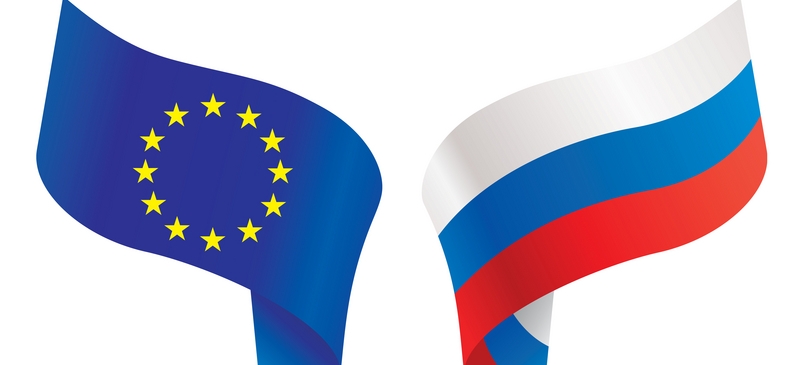
Russia’s aggression a "moral threat" to Europe
Director of foreign policy at the Center for European Reform Ian Bond, speaking to the audience, said that “We are bound to have a dialogue [with Russia], but on what terms? We have been trying for centuries, though [we haven’t] learned the lessons of history.” Russia’s invasion of the Crimea is “the most flagrant breach of international law in Europe, and the West’s response has been hesitant and divided,” said Bond. “Georgia ought to have been a warning.”
Russia attempts to justify itself by accusing the West of expansion and ignoring Russia’s interests. Bond disagrees, saying these are false claims. He disputes the assertion that the West provoked Russia by enlargement [of NATO and the EU], and that now the West owes Russia a sphere of influence. This is wrong because Nato and the EU are not threats, he said. And, Central Europe asked for Nato membership after the Soviet Union collapsed.
One of the West’s false beliefs, according to Bond, is that it has failed in engaging Russia. It has been “our belief that it will change with closer communication. This too is wrong, it turns out. The EU has had strong dialogue on every subject, and we can see the results.”
“What can we do?” he asks. Decisions should not be made over the heads of those concerned, over the interests of Ukraine, he suggests. It is not for outside parties to tell Ukraine what to do, to stay neutral. As well, “Russia is not Putin. We need to get a dialogue with the people.”
